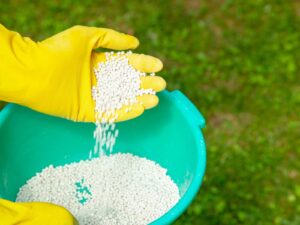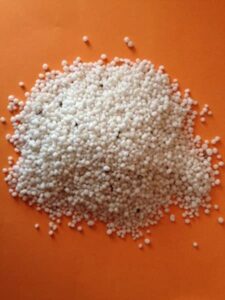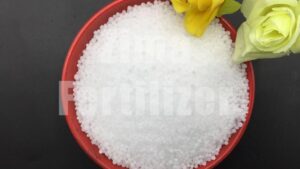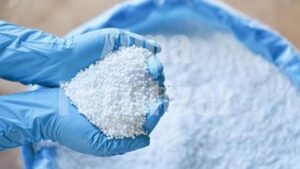Nitrogen Fertilizer

Nitrogen Fertilizer is perhaps the most broadly conveyed component in nature since it’s the most bountiful gas in the air. While N isn’t found in mineral structures like phosphorus (P) or potassium (K), it’s mostly natural mixtures. Soil-based N goes through numerous complex organic changes that make it trying to oversee.
Numerous metabolic cycles in plants and creatures depend on nitrogen. Maybe the most popular part of N is in framing amino acids, which make up the structure squares of protein. The human everyday protein necessity ranges from 40 and 70 grams, contingent upon sex, age, and size. Since the Haber-Bosch measure for orchestrating Nitrogen Fertilizer was grown from the get-go in the twentieth century, its significance in keeping up the worldwide food supply has quickly developed. Around a large portion of the food delivered now on the planet is upheld by N manure’s utilization. Is a result of the Haber-Bosch measure from an N compost processing plant.
Do we have hydrogen gas in Nitrogen fertilizer?

All Nitrogen Fertilizer starts with a wellspring of hydrogen gas, and climatic N responded to frame smelling salts. The most-utilized abundance of hydrogen is gaseous petrol (methane). Different quantities of hydrogen, like coal, are utilized in specific locales. After hydrogen and N are consolidated under states of high temperature and strain to frame alkali, numerous other significant N-containing composts would then be made. Urea is the most well-known Nitrogen Fertilizer. However, a lot more phenomenal N manures get from alkali. For instance, a few alkali is oxidized to make nitrate compost. This equivalent change of smelling salts to nitrate happens in horticultural soils through the microbial cycle of nitrification.
Nitrogen Fertilizer is good for the soil. Nonetheless, cautious administration is needed to keep N manure in the structure and in the area where it may be generally valuable for supporting solid plant development. N compost’s huge advantages should be offset with the troublesome ecological effects that may emerge when N moves into territories where it’s not needed.




